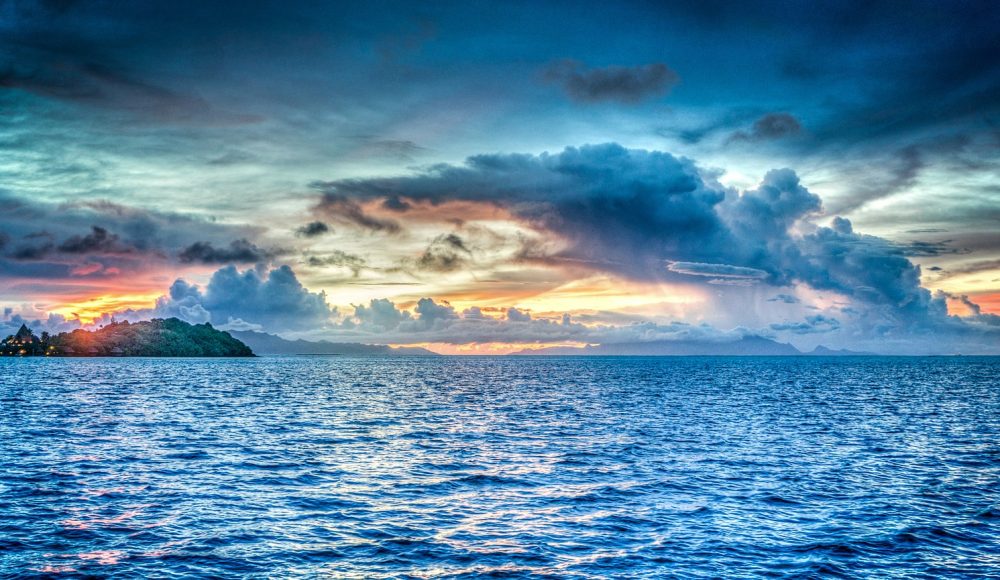Introducing the Floating City State Project
11th April 2017

“Seasteading is building politically independent cities that float on the ocean. Half the Earth’s surface is unclaimed by any government, so these would be start-up countries on the blue frontier,” explains Joe Quirk from the Seastead Institute based in Silicon Valley.
Billionaire PayPal founder Peter Thiel launched the Seasteading Institute in 2008, with a $500,000 investment, saying “The question of whether seasteading is possible or desirable is in my mind not even relevant. It is absolutely necessary.”
The vision was to build man-made island nations that would be free from heavy-handed government interference, including regulations, laws and taxes. The nations would be places where people could live and create in peace.
This idea soon became the toast of Silicon Valley, but the challenges of establishing a free colony in international waters where no country has jurisdiction have proved rather difficult to overcome.
The high cost of open ocean engineering serves as a large barrier to entry and hinders entrepreneurship in international waters. This has led the Seasteading Institute to look for cost-reducing solutions within the territorial waters of a host nation.
On January 13th, 2017, The Seasteading Institute signed a Memorandum of Understanding with French Polynesia to create a special SeaZone under a unique governing framework where it can begin seasteading. The Floating Island Project is being constructed by a company named Blue Frontiers.
The memorandum signed obligates the Seasteading Institute to conduct analysis that demonstrates the economic benefits of seasteading to French Polynesia. There will also be an environmental assessment to ensure that the impact on the ocean and seabed is minimised.
“The Seasteading Institute and the government of French Polynesia will draw from the best practices of more than 4000 existing Special Economic Zones around the world to create a ‘Special Economic SeaZone,’” said Randolph Hencken, Executive Director of the Seasteading Institute. “The SeaZone will combine the advantages of French Polynesia’s geopolitical location with unique regulatory opportunities specifically designed to attract investors.”
The initial study and construction will be funded by Seasteading investors and is expected to cost between $10 – 50 million.
Sites in low-lying islands such as Tahiti, Tupai and Raiatea are being considered. The threat of rising sea levels offers a practical solution for these islands to create new territory that would be resilient to such threats. The benefits to the area being involved with this kind of technology are boundless. If successful it is the kind of technology that can be spun out to places in need of new land because of rising sea levels.
Cornfield & Partners can help you look into investing in seasteading and French Polynesia.
Contact info@cornfieldpartners.com or call us on +44 (0) 20 7692 0873.
